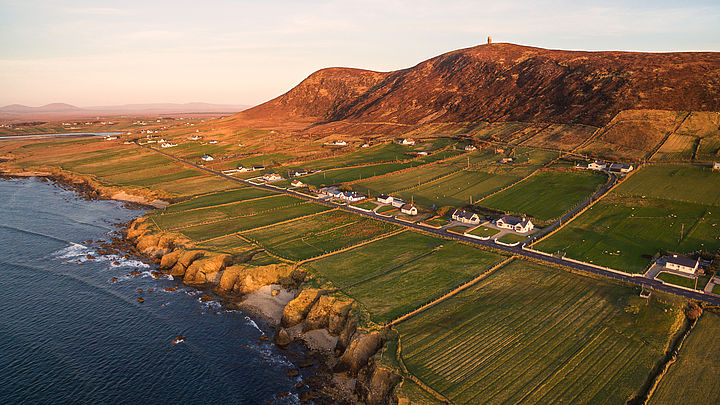Outputs and Results
Governance Toolbox for sustainable development of coastal zones
COAST will provide a Governance Toolbox for local authorities to support the sustainable development of coastal zones based on results from four demonstration projects. It will be a web-based packaged service with a step-by-step approach to Applying Our Coastal Futures as a methodology to support change / transitions to sustainable development at the coast. The assessment tools will be customized by stakeholders to meet local management needs. The Toolbox will contain project publications, reports, resources and videos.
Output 1 Stakeholder Engagement
COAST will identify who needs to be involved and how to engage stakeholders to support an organization or community towards a particular change
Each partner region will engage in a stakeholder mapping exercise. Stakeholders will then be invited to participate in issue identification workshops in each of the partner regions. The outputs of these workshops will form the basis of stakeholder mapping and motivation plans, which will feed into a final report on the development and future plans for each case study area. The report will include information about each of case study sites, looking into the past, present situation and future plans and take into account environmental, social and economic issues.
Output 2 Guidance for local authorities on the use of drone technology to support the UN Sustainable Development Goals at the Coast
COAST will explore the practical applications of inexpensive drone technologies to support the sustainable development of the coastal zone.
Drones provide critical information about the state of natural and built environments, and thus can be used to monitor coastal change, provide baseline information about habitats and land use, and measure the effectiveness of management practices. Drones enable coastal managers to collect a large amount of information about an area quickly, for example, in the aftermath of a storm, and also in remote areas that are difficult or dangerous to access. Given the recent rapid reduction in the cost of the technology and the expansion of consumer equipment, local authorities can benefit from understanding how they can be used for practical applications in coastal zones.
Three key actions will be undertaken as part of this work:
(1) A literature review and survey of local authorities in the partner regions to identify potential applications of drone technology to support sustainable coastal management
(2) A case study in County Mayo (Ireland) on the use of drone technology for a seaweed resource assessment
(3) A case study on Rathlin Island (Northern Ireland) on the use of drone technology for digital heritage protection, preservation and promotion
The outputs of these activities will feed into a project report featuring guidance for local authorities on the use of drone technology for supporting the SDGs at the coast. Other outputs include an academic journal publication and supplementary video materials.
Output 3 Coastal Sustainability Action Plans
COAST will produce four Coastal Sustainability Action Plans highlighting opportunities in 'Smart Blue Growth'
These will be in the local demonstration sites – Westfjord (Iceland), Hailuoto (Finland), Rathlin Island (Northern Ireland), and Mayo (Ireland). SMART is a practical mitigation, planning and communications tool based on the principles of Sustainability, Mitigation, Adaptation, Resilience, and Transition.

